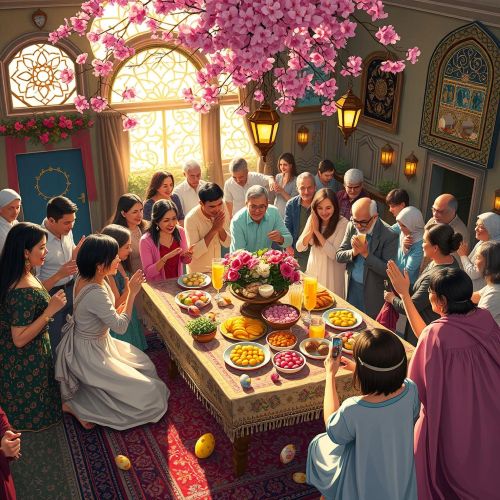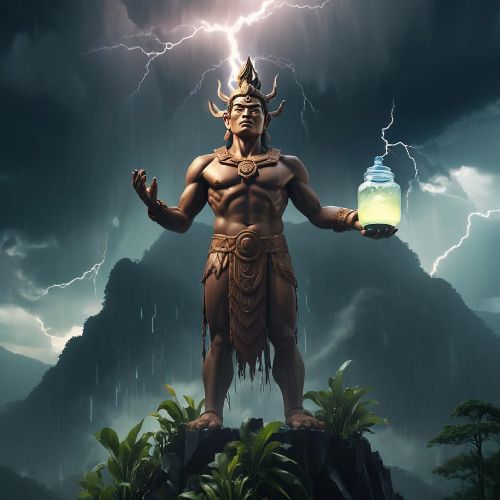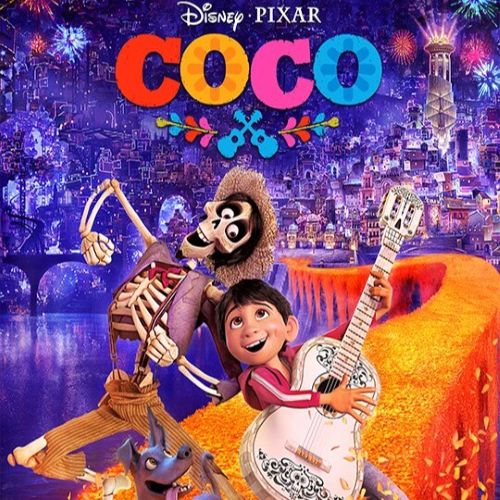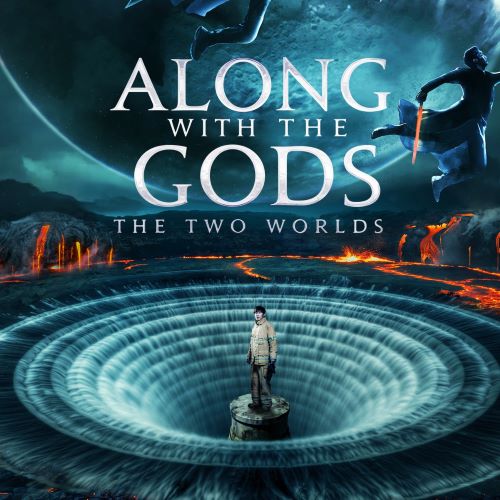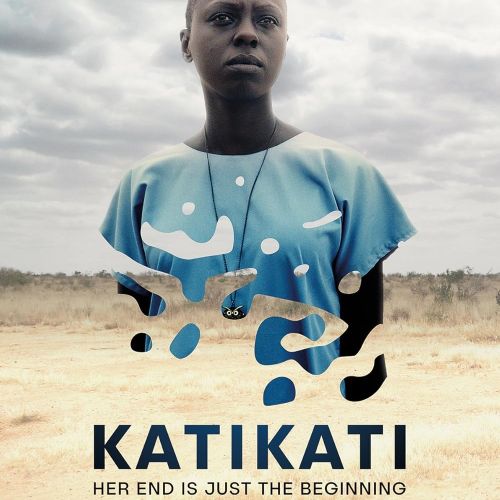I am Not A Witch (2017)
| Description | |
|---|---|
| Country of Origin | Zambia |
| Language | English |
| Genre | Thriller |
| Cast | Maggie Mulubwa, Nellie Munamonga, Dyna Mufuni, Nancy Murilo, Becky Ngoma, B.J. Phiri |
| Directed by | Rungano Nyoni |
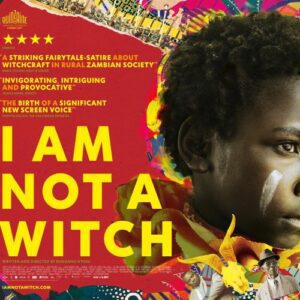
I Am Not a Witch is a 2017 Zambian drama film directed by Rungano Nyoni. The film, which explores themes of superstition, power dynamics, and social inequality, is a poignant commentary on how rural African communities handle the issue of witchcraft and the resulting stigma.
Set in rural Zambia, the film follows a young girl named Shula, who is accused of being a witch after an incident where she is seen with a group of older women who are believed to be witches. The film begins with a stark portrayal of Shula’s life in a traditional, patriarchal society. Shula is initially an innocent child, living with her family in a small village, but everything changes when she becomes the victim of a superstition-driven accusation.
After a series of strange events, Shula is identified by local authorities as a witch and is taken away by a government official. Rather than being executed or banished, Shula is placed in a camp, a “witch compound” where other women accused of witchcraft live. The camp is a bizarre and oppressive place where the accused witches are forced to wear white ribbons on their heads, symbolizing their status as witches. The women in the camp are treated as outcasts and are kept under strict surveillance. They are even put to work, with the camp being marketed as a tourist attraction. People from nearby areas come to observe the accused witches as if they were exhibits in a zoo, reinforcing the exploitation and marginalization of these women.
Despite being told by the authorities that she is not a witch, Shula becomes increasingly aware of her newfound status as a witch. The film explores how Shula navigates the power dynamics within the camp and how she struggles with her identity. She grows from being a passive participant to actively challenging the system, questioning the labels imposed on her, and trying to assert her autonomy. Her situation also highlights the dangers of labeling individuals based on unfounded superstitions, as she becomes a pawn in the hands of both the villagers and the authorities, who exploit her status for their own gain.
One of the most striking aspects of I Am Not a Witch is its portrayal of the tension between traditional beliefs and modern institutions. The film reflects the way in which authorities, both local and governmental, manipulate traditional beliefs in order to exert control over vulnerable individuals like Shula. The modern state’s reliance on outdated superstitions reflects how colonial history, economic interests, and gender dynamics have combined to perpetuate social injustices in Zambia and other parts of Africa.
The visual language of the film is also deeply symbolic. The white ribbons worn by the witches, which are meant to mark them as outcasts, come to represent a kind of institutionalized oppression. The film’s stark cinematography, with wide shots of barren landscapes and empty spaces, further emphasizes the sense of isolation and abandonment experienced by Shula and the other women in the camp. The film’s tone is often unsettling, with moments of dark humor mixed with tragic elements, creating a sense of unease about the treatment of women and the impact of superstitions.
As the story progresses, Shula’s internal struggle becomes more pronounced. Her journey is marked by both external and internal conflicts, as she wrestles with her imposed identity as a witch and her desire to break free from the expectations placed on her. In a particularly powerful sequence, Shula is given the opportunity to decide her fate when a new law comes into play: if she wishes to leave the camp, she must cut her white ribbon, symbolizing her rejection of the witch label. However, by cutting the ribbon, Shula risks being outcast forever, leaving her with a complex choice between self-determination and social acceptance.
I Am Not a Witch is a sharp critique of societal norms, highlighting how superstition can be weaponized against marginalized groups. Through Shula’s story, the film explores the personal toll of accusations and the broader societal forces that maintain oppressive traditions. It is a thought-provoking, emotional tale about the struggles of women, identity, and power in a society that often chooses superstition over reason.
Ultimately, I Am Not a Witch is an exploration of the strength it takes to question and defy an oppressive system, shedding light on the consequences of labeling individuals based on unfounded beliefs. The film’s satirical yet somber tone brings to the forefront the larger conversation about human rights, justice, and the resilience of the human spirit in the face of systemic oppression.



